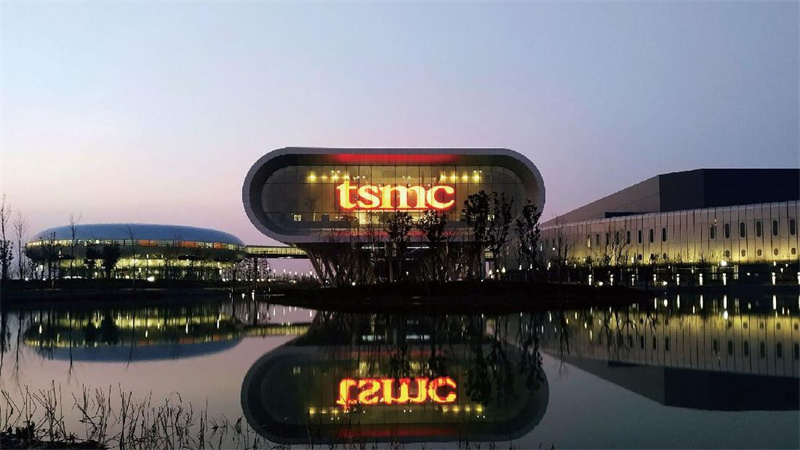Taiwan Semiconductor Manufacturing Co. (TSMC) is planning additional plants in Europe, targeting the growing market for artificial intelligence (AI) chips, according to Taiwan’s National Science and Technology Council Minister, Wu Cheng-wen. Speaking to Bloomberg TV, Wu confirmed that the chipmaker is already considering future fabs following the ongoing construction of its first plant in Dresden, Germany.
“They have started construction of the first fab in Dresden, and they are planning the next few fabs for different market sectors,” Wu said. However, he did not provide a specific timeline for the new facilities. TSMC, in a statement, emphasized that it remains focused on current global expansion efforts and has no immediate new investment plans.
TSMC, the world’s largest chipmaker, is investing tens of billions of dollars in new plants in the US, Japan, and Germany as part of efforts to diversify its manufacturing base amid rising geopolitical tensions with China. In August, the company broke ground on a €10 billion ($10.9 billion) facility in Dresden, its first in the European Union, with production expected to begin by the end of 2027. Approximately half of the funding for the project will come from state subsidies.
Wu highlighted that AI, particularly chips for Nvidia Corp. and Advanced Micro Devices Inc. (AMD), will be a key market for TSMC. The company is also exploring opportunities in other sectors as part of its European expansion strategy. "Maybe they can work on the European market as well, so TSMC is looking at that when planning their next few fabs," Wu added.

In addition to AI, the European chip market presents opportunities for collaboration with emerging designers, such as Germany’s Black Semiconductor and Axelera AI in the Netherlands. While established European firms like NXP Semiconductors NV and Infineon Technologies AG focus on mature technologies, newer companies are pushing the boundaries of next-generation semiconductor design.

TSMC’s global expansion is also creating opportunities for its suppliers. The Czech Republic, for instance, may benefit from its proximity to the Dresden plant. The Taiwanese government is considering support for TSMC suppliers to invest in Czech locations, and Wu is working on joint research programs between academics in Taiwan and the Czech Republic.
Looking ahead, Wu also noted that Taiwanese chip firms, including TSMC, will likely face increasing pressure to expand in the US, regardless of the outcome of the upcoming presidential election. TSMC has already committed over $65 billion to build three plants in Arizona. While expanding to the US may initially be costly, Wu believes it will ultimately strengthen Taiwanese companies in the long term. “Short term, maybe it’s painful... but in the long run, it’s good for them because they can improve themselves,” he said.
+86 191 9627 2716
+86 181 7379 0595
8:30 a.m. to 5:30 p.m., Monday to Friday
